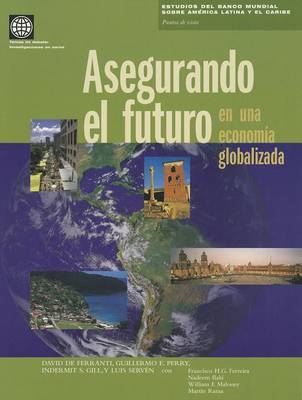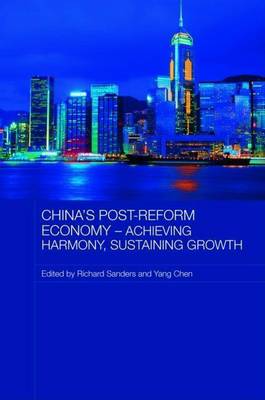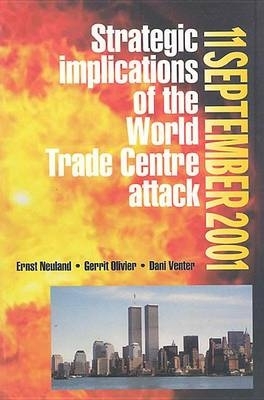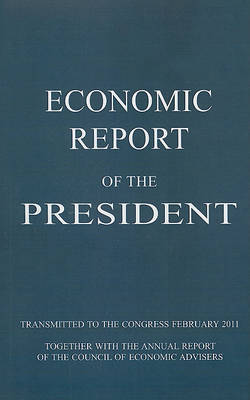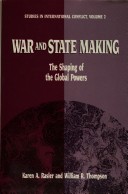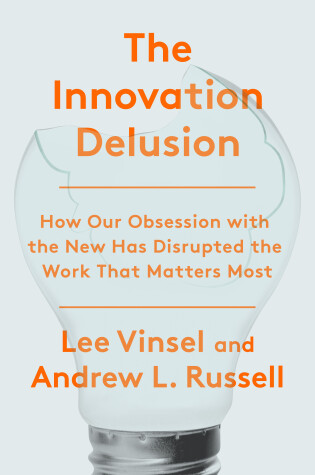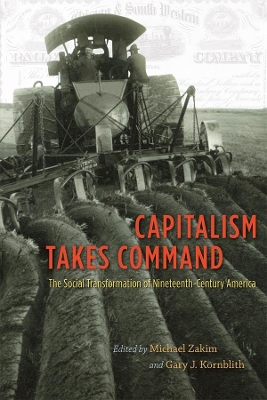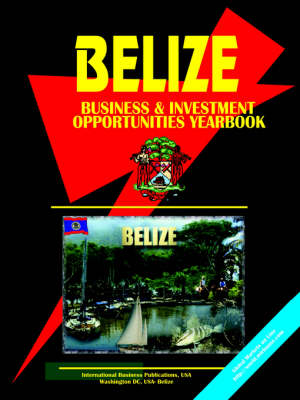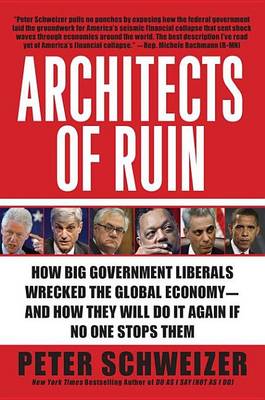Economic Spurt That Failed: Four Lectures in Austrian History
by Alexander Gerschenkron
Securing Our Future in a Global Economy (Asegur
by Serven & De Ferranti
En la decada de 1990 America Latina y el Caribe (ALC) comenzaron a resurgir de la decada perdida de 1980 despues de un esfuerzo sostenido de reforma por parte de los paises para mejorar el papel de las fuerzas del mercado y aumentar la integracion real y financiera de la region en la economia mundial. A pesar de esto, la percepcion de la inseguridad economica fue intensa en la region. Este informe evalua el alcance, las causas y los efectos de la inseguridad economica en ALC, e identifica las po...
China S Post-Reform Economy Achieving Harmony, Sustaining Growth (Routledge Studies on the Chinese Economy)
Thailand
11 September 2001
by Denis J. Venter, E.W. Neuland, and G.C. Olivier
World City Syndrome: Neoliberalism and Inequality in Cape Town
by David A. McDonald
This book enables the reader to understand labour markets and shows how to forecast the need for skills in developing countries. The forecasting of these skills has recently fallen into disrepute with the notion that all forecasting techniques that assessed the labour market requirements of the future were dubious and that the future lay with labour market analysis and labour market signalling. This book disputes this but acknowledges that the models of the past should be supplemented with bette...
New Zealand
War and State Making (Routledge Libary Editions: Historical Security, #11) (Studies in International Conflict, #2)
by Karen Rasler and William R. Thompson
This is an empirical study of the impact of global war on the expansion and shaping of nation-states. Individual chapters examine the effects of such wars, and the preparation for them, on debt financing, expansion, military spending, welfare spending, GNP and domestic violence. The authors conclude that by virtue of the changes they spurn, global wars are inherently "accelerators of social change".
“Innovation” is the hottest buzzword in business. But what if our obsession with finding the next big thing has distracted us from the work that matters most? “The most important book I’ve read in a long time . . . It explains so much about what is wrong with our technology, our economy, and the world, and gives a simple recipe for how to fix it: Focus on understanding what it takes for your products and services to last.”—Tim O’Reilly, founder of O’Reilly Media It’s hard to avoid innovation ...
2007 Report on Lithographic Label and Wrapper Printing, The: World Market Segmentation by City
by Philip M. Parker
Most scholarship on nineteenth-century America's transformation into a market society has focused on consumption, romanticized visions of workers, and analysis of firms and factories. Building on but moving past these studies, "Capitalism Takes Command" presents a history of family farming, general incorporation laws, mortgage payments, inheritance practices, office systems, and risk management - an inventory of the means by which capitalism became America's new revolutionary tradition. This mul...
Landowners, Capitalists, and Entrepreneurs
Landowners, Capitalists, and Entrepreneurs explores a number of important themes in modern social and economic history. Its wide range of original studies by distinguished historians throws fresh light on the developing connections between landed and business classes and between the economies on both sides of the Atlantic. The volume as a whole adds much to our knowledge of the eighteenth and nineteenth centuries.
Life of a Stockbroker a Collection of Quotes and Stories
by Stockbroker Publishing
Between 1920 and 1950 America saw an unprecedented expansion of wealth and power underwritten by technological innovation, cultural confidence, and victory in war. American elites won World War II, rebuilt the world order with America at its head, inaugurated the jet age and put a man on the moon. The boom led to a larger, richer middle that confirmed America’s best ideals. By the early 1970s that ended. Since then, American elites have captured a disproportionate share of the social and economi...


